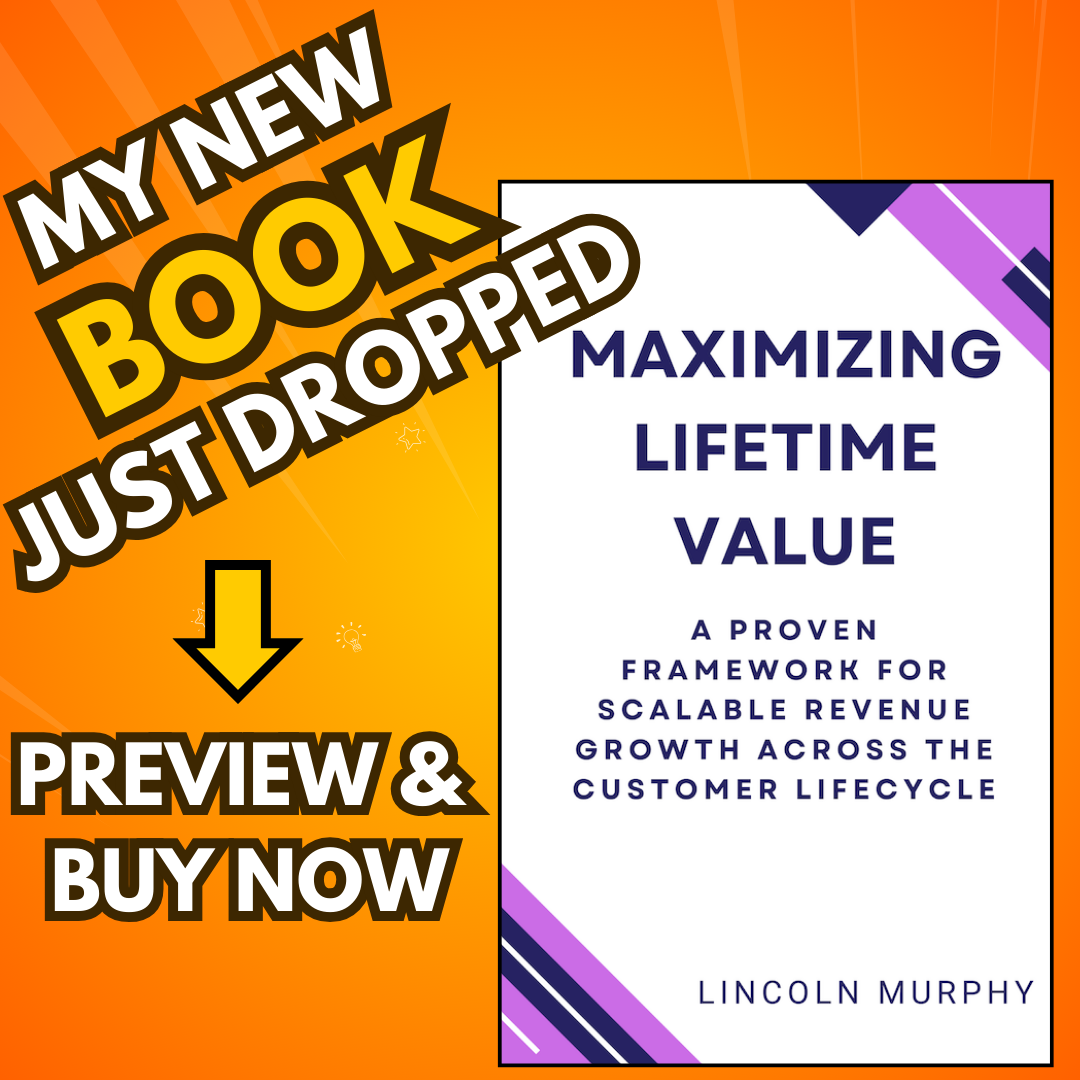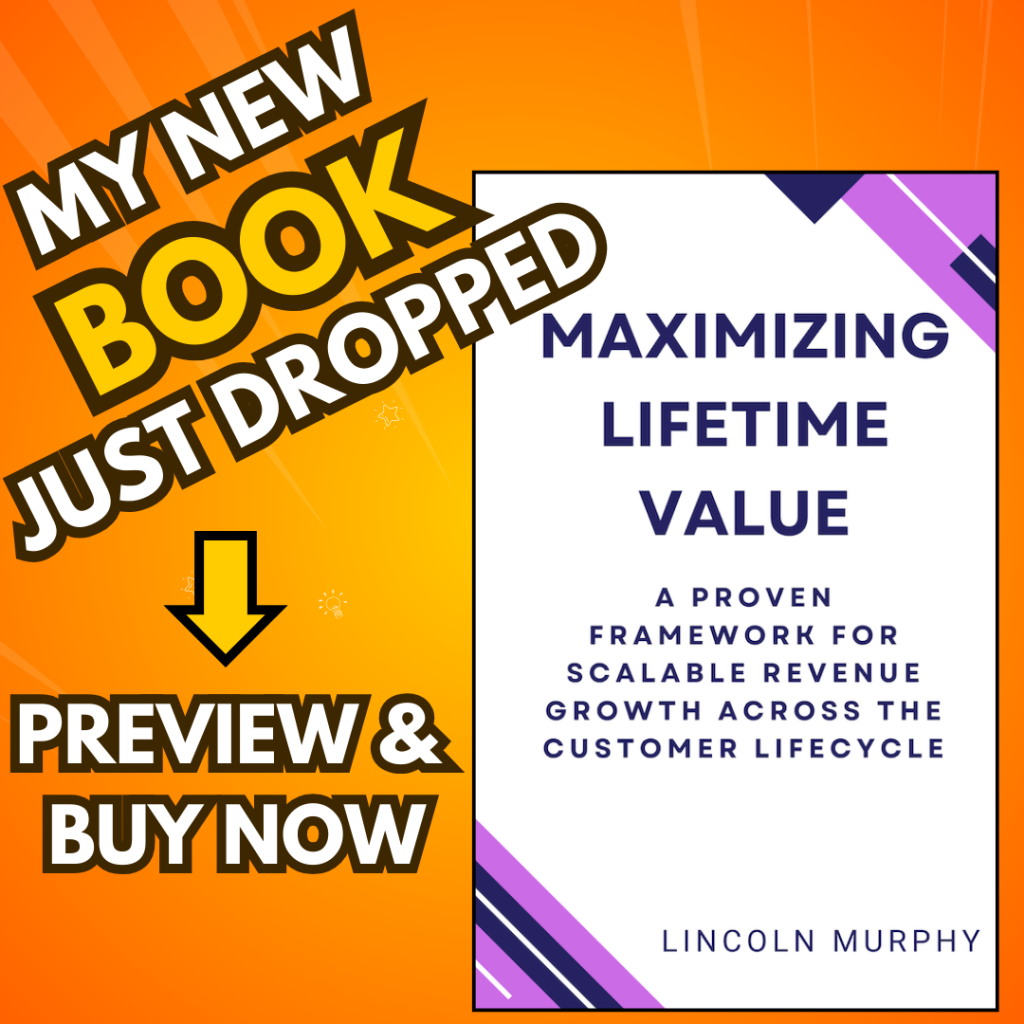 If you’ve been in business for any amount of time, you likely have customers that you’ve “Grandfathered” into old pricing tiers or feature sets that are obsolete now.
If you’ve been in business for any amount of time, you likely have customers that you’ve “Grandfathered” into old pricing tiers or feature sets that are obsolete now.
How can you get Grandfathered customers to move to your current pricing model in a customer-positive way?
I have some ideas for you…
For context, on Friday, May 5, 2017, I did a Customer Success Ask Me Anything (AMA) on Facebook live. It was awesome. The video (audio only… sorry) is embedded below and below that is the transcript (edited for better readability) that answers the question.
Upgrading Grandfathered Customers
Tony sent in via email, “What is the best way to upgrade actual customers to our new pricing plans. We’ve been grandfathering them for a long time, but now it’s too costly to maintain those initial price points.”
One thing I just want to focus on is you can’t punish the customers that you signed.
You signed that contract.You signed those customers with the wrong pricing. You signed those customers with low margins in an unprofitable way.
You signed those customers.
They trusted you.
If you want to punish them because you made a mistake, just know that there may be negative ramifications.
I just want to be really clear on that because very often, “We did what we had to do, man. Then we’ve got these customers. Now they’re a drain on our resources.”
That’s your fault.
If you churn and burn those guys because you made a mistake, you could really run into some problems. There’s been a lot of … Luckily not a ton, but there have been some pretty high-profile cases over the years of backlash from companies that basically did that exact same thing.
They grandfathered their customers and then they got tired of supporting them. Just be really careful there.
That said, in that article that I wrote … Again, I can’t remember exactly where I put it … I basically detail exactly how you want to do this.
There are several things. One, we have to go back to the customer, to their Desired Outcome.
What are they looking for? There’s a really, really good chance that a customer that’s been with us for several years has actually evolved and would be open to maybe some of your new features, some of your new services, some of your new training, but maybe we actually stopped communicating with them, which is something that happens.
We grandfathered them.
We just want them to go away, but maybe we could go back to them understanding logically where they’re at in their trajectory as a company or as a department or whatever they are.
We could go back to them and say, “Hey, you’ve been a great customer. What we want to do is move you onto this new plan. It includes all this really great stuff. We’ll help you get there.”
You give them a discount, a significant discount maybe on this higher up plan, but you move them to that new plan. They’re maybe paying more, but they’re getting a lot more and they’re on your new pricing structure.
They say, “For being a great customer for all these years, we’ll give you this big plan, this really great thing for 50% discount for the next six months, for the next year or whatever.
After that, it will be full price.”
Start making offers like that that will actually entice them. This means you’re going to have to take a step back, get out of this mode of punishing your customers. I’m not saying Tony, that you want to punish your customers. I’m saying, in general, this is something that I hear a lot. Think about your customers.
What can we do? What would those grandfathered customers, what would help them, what would make them want to actually move?
If I said simply, “You’re not paying us enough, you’ve got to pay us more,” that’s ridiculous. Nobody is going to do that. Nobody wants to do that. Would you do that? No.
Put yourself in your customers’ shoes. Think about them for a little bit. Try to figure out something that we can use to entice them. Set the goal, “I want zero grandfathered customers by the end of the year and start building campaigns like that and running that until you get to that goal.”
We have to make it all about the customer.
We can’t punish those customers that brought us to the dance. They were here early. We made a mistake. They didn’t. That’s just something you’ve got to get out of your mind.
Think about what we can do to entice them.



